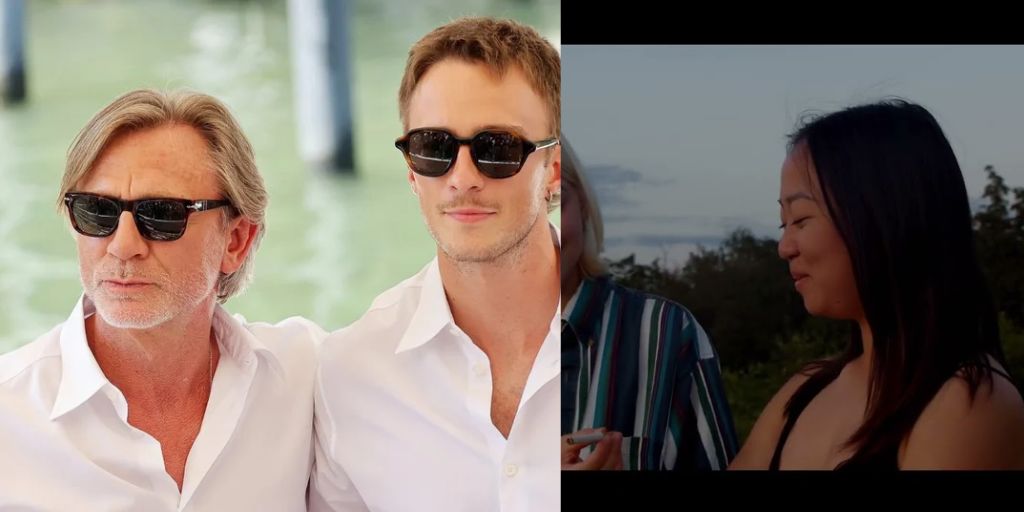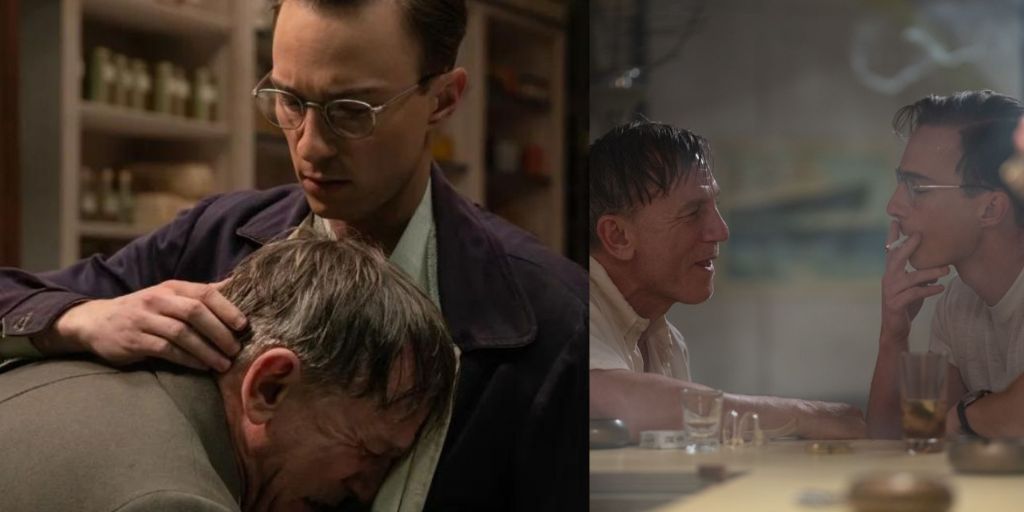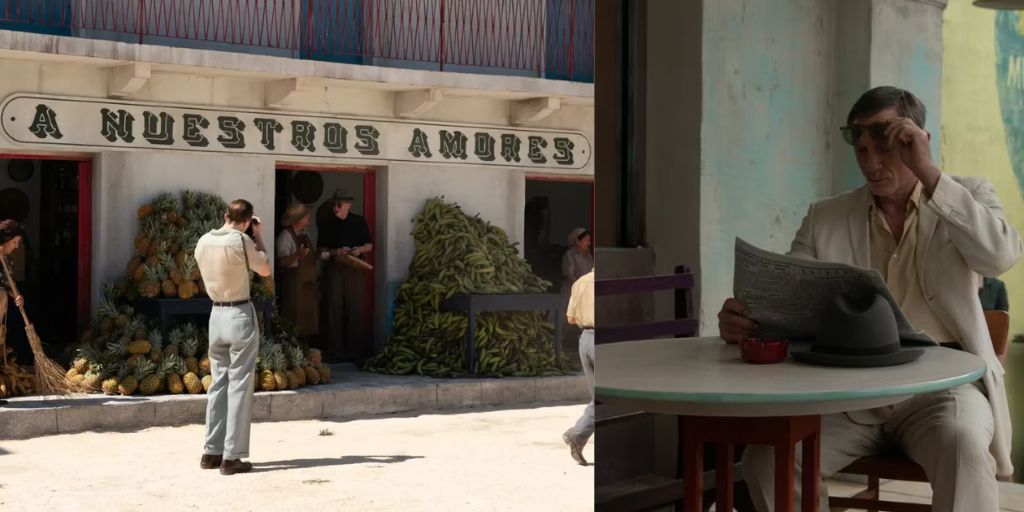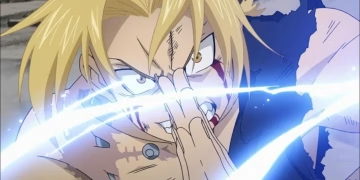Luca Guadagnino often focuses on the theme of love and its addictive nature in his films. His past works, like I Am Love, Call Me by Your Name, and Challengers, show different kinds of love—whether it’s the excitement of new love, the overwhelming feeling of first love, or the kind of love that is hard to let go.
This theme connects to show different kinds of love whether it’s the excitement of new love, the overwhelming feeling of the first love, or the kind of love that is hard to let show different kinds of love whether it’s the excitement of new love, the overwhelming feeling of first love, or the show different kinds of love whether it’s the excitement Queer, novel by William S. Burroughs, which had a big impact on Guadagnino when he was younger.
Queer tells the story of a man obsessed with finding someone, while also dealing with addiction and the complicated nature of love. Guadagnino’s adaptation of this novel fits well with his other work, as he builds on the original story while bringing in his own style and ideas.
What Is Queer About?
In Queer, Daniel Craig plays William Lee, an American man living in Mexico City in the 1950s. Lee spends his days drinking, sweating through the city, and having casual sexual encounters with men. His routine shows his deep loneliness and longing for a real connection.
When he meets Eugene Allerton (played by Drew Starkey), Lee feels a real bond. Unlike his past brief relationships, Lee sees something deeper with Eugene. At one point, Lee says to Eugene, “I want to talk to you without speaking,” which shows his vulnerability and desperation for love.
Lee becomes more attached to Eugene, but it’s clear that Eugene doesn’t feel the same way. Eugene is sometimes interested in Lee, but at other times, he acts distant, treating Lee like a stranger. Lee’s drinking and heroin use make things worse, and his unpredictable behavior pushes Eugene away.
Lee also tells Eugene about a drug called “yage,” which is supposed to give telepathic powers. Lee becomes obsessed with the idea that yage will help him understand what Eugene is thinking, making his pursuit of love even more desperate.
Luca Guadagnino’s Style in Queer
Guadagnino’s adaptation of Queer captures a slow, dreamlike feeling. There are many scenes where we see Craig’s character wandering around Mexico City, intoxicated and stumbling through the streets. The movie uses a soundtrack that doesn’t fit the time, with songs from Nirvana and Prince, even though the film is set in the 1950s.

These songs match the emotions of the characters, even though they didn’t exist yet. For example, the opening credits feature a cover of Nirvana’s “All Apologies,” which sets the mood for who William Lee is before we even see him.
Guadagnino collaborates with composers Trent Reznor and Atticus Ross, as he did for Challengers. Their music perfectly complements the story’s tone, making even the quieter moments feel engaging. The film’s slow pace allows the audience to feel the heat and tension in the air, even when little is happening on screen.
The Connection to Guadagnino’s Other Work
Guadagnino’s films often deal with love, desire, and obsession, and Queer fits right in with his previous projects. In interviews, Guadagnino has said that a line from his film A Bigger Splash influenced the themes in Queer.
The movie also brings in elements of surrealism and horror, similar to the works of directors like Luis Buñuel and David Lynch. Guadagnino uses shocking, disturbing imagery in Queer, taking these horror elements further than he did in Bones and All or Suspiria.
A particularly interesting comparison can be made to Call Me by Your Name, Guadagnino’s most well-known film about queer love. In Call Me by Your Name, the director chose not to show explicit sex scenes, instead filming a window to give the characters privacy. In Queer, Guadagnino takes a similar approach, but he also shows more intimate moments that feel honest and surprising, especially compared to his past films.
Daniel Craig’s Bold Role in Queer
Daniel Craig has taken on many unique roles since his time as James Bond, and his performance in Queer is another bold choice. Craig’s character, William Lee, is outgoing but filled with sadness.
He is seeking love but doesn’t want to show how much pain he’s in. This role pushes Craig in new directions as an actor, and it highlights his talent for playing complex, layered characters.
Drew Starkey, who plays Eugene, is the opposite of Lee. Eugene is quiet and hard to understand, making Lee feel unsure about how to act.
Eugene’s distant attitude is frustrating for Lee, but it’s clear that Eugene is also struggling with his own issues, especially his reluctance to reveal his true self to the world. This tension between the two characters creates a powerful love story that doesn’t follow the usual path.
Supporting Cast and Guadagnino’s World
Although Daniel Craig and Drew Starkey lead the story, Queer also benefits from strong supporting performances. Jason Schwartzman appears as Joe, one of Lee’s outgoing friends, who adds humor and energy to the film.
Lesley Manville also gives a standout performance as Dr. Cotter, a wild character that’s very different from the prim, proper roles she usually plays. Guadagnino seems to enjoy introducing strange, eccentric characters into the story, adding more depth and variety to the world of Queer.
The Script and the Hunt for Yage
Justin Kuritzkes, who also wrote Challengers, wrote the screenplay for Queer. He expands Burroughs’ original novel, particularly in the section where Lee searches for yage. This part of the film becomes more experimental, with surreal and symbolic imagery.

Kuritzkes’ script captures Lee’s aimless life as a queer man in the first part of the film, but in the final section, the film takes a strange turn, filled with unsettling images and odd symbolism. This shift in tone may feel disconnected from the rest of the story, but it still holds the audience’s attention with its bold ideas.
A Daring Adaptation
Queer is a daring adaptation of Burroughs’ novel and another remarkable film in Luca Guadagnino’s growing body of work. Daniel Craig gives a memorable performance that shows his range as an actor.
While the film’s wild final act might not appeal to everyone, Guadagnino’s ability to combine all these elements into a unique story shows his talent as one of today’s most important filmmakers.





